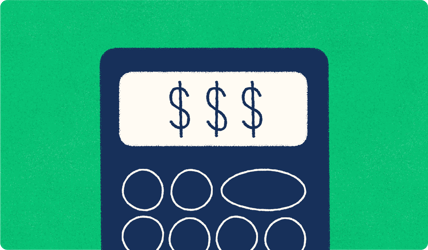
This month there were major robocall lawsuits in the news, and one of them is resulting a large payout for consumers as part of a class action suit. Robocalling cases continue to be top news stories and serve as a reminder of how not to use automated calling services. The FCC reported an average of 2.53 billion robocalls in June, up 6.6% from May. Are there good robocalls? Do consumers see any value in automated calls or is the hatred for "robocall" too strong? Let's dive into the issue.
Crackdown on Robocalls
Resort Marketing Group, which represents cruise lines like Carnival, Royal Caribbean and Norwegian Cruise Line, settled a class action lawsuit - which means consumers can receive up to $300 for each free cruise robocall they received up to $900 per phone line.
In another case, a Texas doctor and businessman James R. Leininger sank $10 million into marketing a movie called "Last Ounce of Courage" - some of that included millions of robocalls featuring Former Arkansans Gov. Mike Huckabee. A federal jury on Wednesday found in favor of the doctor in this case.
Dish Network was also ordered to pay $280 million to the United States government and four states, in what the government says is a record fine for telemarketing violations.
The Law
The Telephone Consumer Protection Act, or TCPA, was enacted in 1991 by Congress to address the growing number of telephone marketing calls. It specifically restricts the use of automated dialing and pre-recorded voice messages with regard to:
- cell phones
- residential phone lines
- text messages
- unsolicited faxes
It also restricts telemarketers from calling consumers who have registered with the Do-Not-Call Registry.
A business needs consent (what is consent?) to legally contact a consumer, however the consumer can revoke that consent by notifying the business to stop calling.
A consumer can recover
- up to $500 per phone call or message that violates the TCPA
- up to $1,500 per phone call or message if the consumer can show that the TCPA was violated knowingly and willfully.
Call-Em-All Robocalling
At Call-Em-All we don't shy away from saying we are a robocall service, but we do have strict policies on the type of messages we allow on our platform and these latest cases only reinforce our reasons for our responsible use policy.
We believe there are good uses for robocalling consumers, but we don't allow our customers to send unsolicited reminders. Although many people think there is no such thing as a "good" robocall, a recent study shows that almost 85% would not consider an automated call from their pharmacy an annoyance. We also continue to introduce new technology to prevent unwanted messages.
Watch this short video to see more about who we help.
To see more on who we help and how they use our service you can visit our website for more info.













